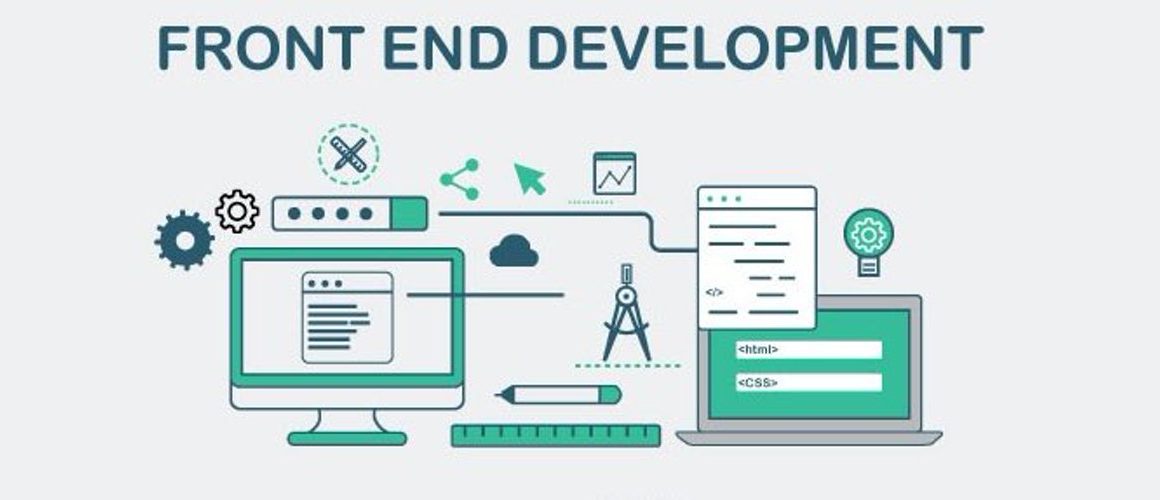Remote technical interviews are more challenging than on-site interviews.
With the spread of candidates in different regions, businesses are constrained to conduct technical interviews to recruit the right candidates.
The overall remote technical interview process poses difficulty. Therefore, hiring managers should collect a large number of applications and shortlist the applicants before scheduling technical interviews with each candidate.
During the process, the hiring manager encounters significant challenges during the entire pipeline–from the selection of the right candidates to onboarding.
After research, we found that there can be three challenges in the remote technical hiring process.
- Lack of trained interviewers for properly assessing candidates
- Improper planning and flow in execution throughout the technical interview process
- Inconsistency ruling the process
Nevertheless, tech companies face challenges in hiring technical professionals via the remote interview mode.
But, the companies can streamline the remote hiring process through structured planning. As a result, the companies can reap some benefits, such as time saving and trading off resources.
Again, the matter is also not so simple. Multiple challenges call for special treatments.
So, let us dig a bit deeper to look at some of the challenges associated with the remote hiring of technical professionals. At the same time, we will also look at some of the best possible solutions.
Maintaining Consistency
To conduct an online technical interview, hiring managers get a list of candidates and corresponding questionnaires to ask each applicant.
The managers encounter challenges in maintaining a consistent flow. And, they find less time to interview each candidate in comparison to on-site office interviews.
Therefore, the managers encounter an insistent flow in the hiring process, which becomes easier for one applicant but challenging for another.
Solution:
The solution lies in creating a systematic discipline for the interview process. And discipline can elicit satisfactory results.
Doing away with the interview inconsistencies is not an impossible task. There are effective ways to deal with inconsistencies during remote technical interviews.
Setting out a scoring system is one of the best solutions. Such a system, while evaluating technical skills, can provide a fair result.
It means you can hire candidates that can meet your company requirements and expectations with such a methodology.
Again, you should not forget to take sufficient time off between interviews to relax. It will help you prepare for the next interview.
Next, you should plan the interview to such an extent that you do not feel burdened and instead can focus more on the interview.
Conflicting Interview Schedule
It can be complex to conduct one-to-one interviews with candidates daily. And there are many things involved, from checking the interview slots for candidates to timely completing the interview process.
These pose challenges. And that can create disturbances in the interview schedule to bring up things, such as applicants not receiving any follow-up for long.
The latency can arise from the differences in the time zones and availability of the interviewer and the candidate. As a result, the company may see a longer vacancy period and lower productivity.
Solution:
Proper planning and execution will help interviewers to deal with the issue. The hiring manager should schedule the technical interview by setting into motion a strategy that can smoothen the hiring process.
The strategy should dictate the last-minute tasks. In addition, the hiring team should use the latest tools to track the workflow effectively.
Therefore, a good plan can help monitor the flow of scheduled interviews and avoid delays.
The Best Solution
Nevertheless, hiring teams will encounter challenges in conducting remote technical interviews. Although there are effective methods for streamlining such interviews, availing the services of a technical interview as a service provider can be the best solution.
Conclusion
Simply delegating the task of interviewing a service provider will not solve the problem. You should make sure that the service provider is competent.



